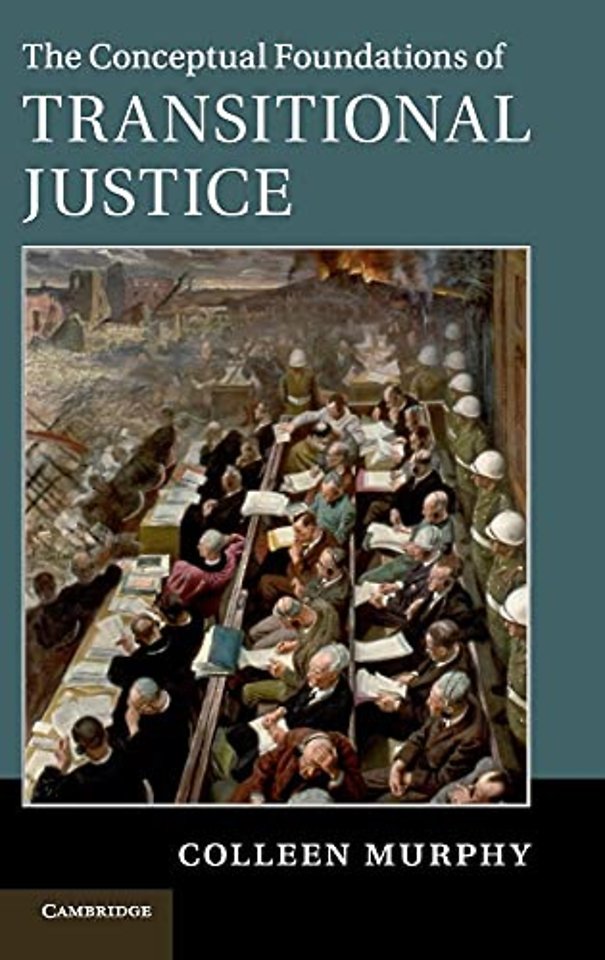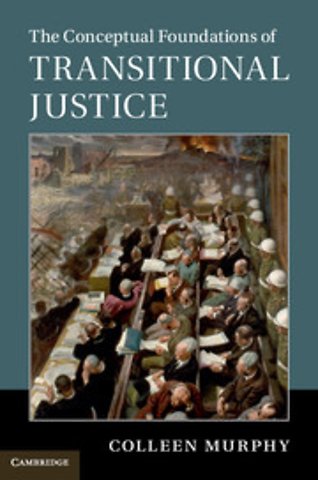The Conceptual Foundations of Transitional Justice
Samenvatting
Many countries have attempted to transition to democracy following conflict or repression, but the basic meaning of transitional justice remains hotly contested. In this book, Colleen Murphy analyses transitional justice - showing how it is distinguished from retributive, corrective, and distributive justice - and outlines the ethical standards which societies attempting to democratize should follow. She argues that transitional justice involves the just pursuit of societal transformation. Such transformation requires political reconciliation, which in turn has a complex set of institutional and interpersonal requirements including the rule of law.
She shows how societal transformation is also influenced by the moral claims of victims and the demands of perpetrators, and how justice processes can fail to be just by failing to foster this transformation or by not treating victims and perpetrators fairly. Her book will be accessible and enlightening for philosophers, political and social scientists, policy analysts, and legal and human rights scholars and activists.
Specificaties
Inhoudsopgave
Introduction
1. Circumstances of transitional justice
2. The problem of transitional justice
3. Societal transformation
4. The just pursuit of transformation
Conclusion
Anderen die dit boek kochten, kochten ook
Net verschenen
Rubrieken
- aanbestedingsrecht
- aansprakelijkheids- en verzekeringsrecht
- accountancy
- algemeen juridisch
- arbeidsrecht
- bank- en effectenrecht
- bestuursrecht
- bouwrecht
- burgerlijk recht en procesrecht
- europees-internationaal recht
- fiscaal recht
- gezondheidsrecht
- insolventierecht
- intellectuele eigendom en ict-recht
- management
- mens en maatschappij
- milieu- en omgevingsrecht
- notarieel recht
- ondernemingsrecht
- pensioenrecht
- personen- en familierecht
- sociale zekerheidsrecht
- staatsrecht
- strafrecht en criminologie
- vastgoed- en huurrecht
- vreemdelingenrecht







